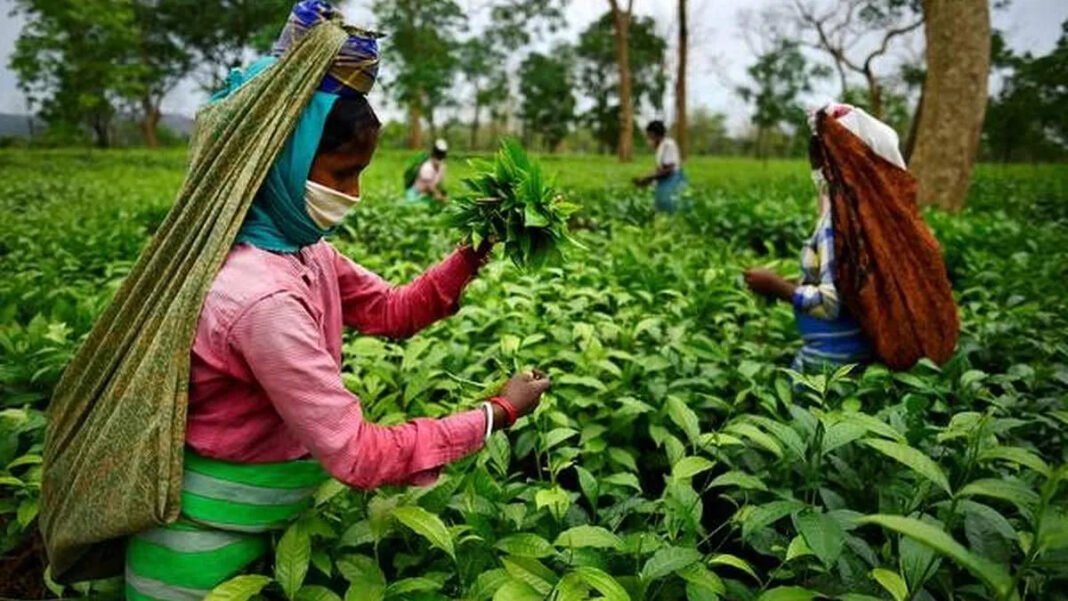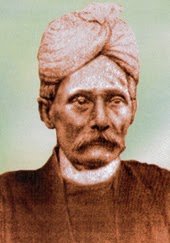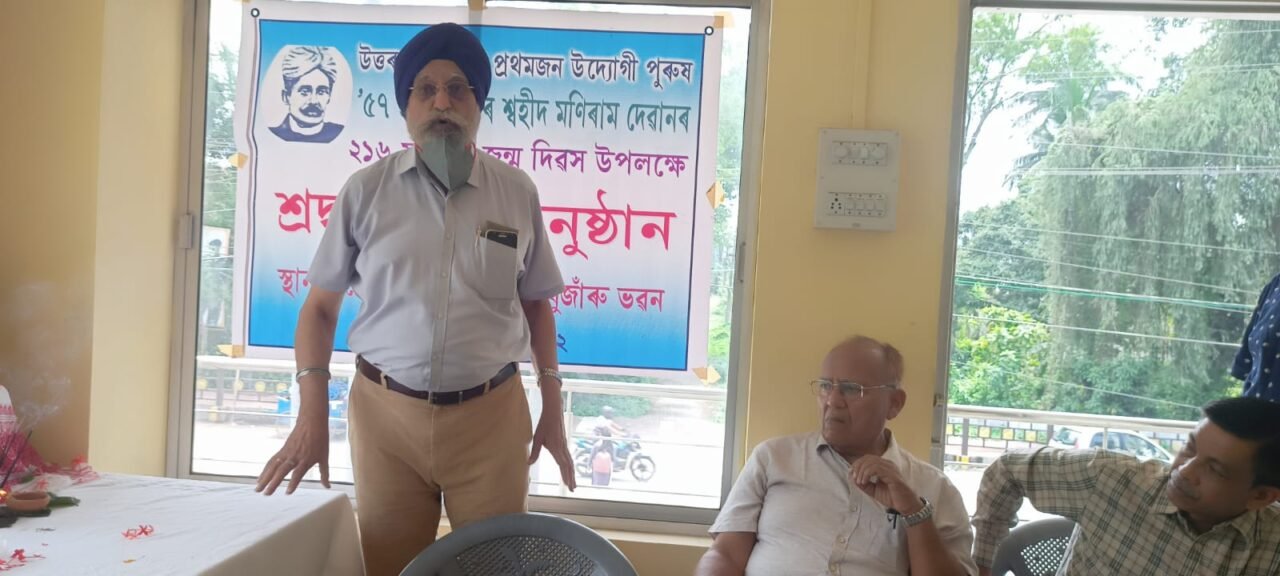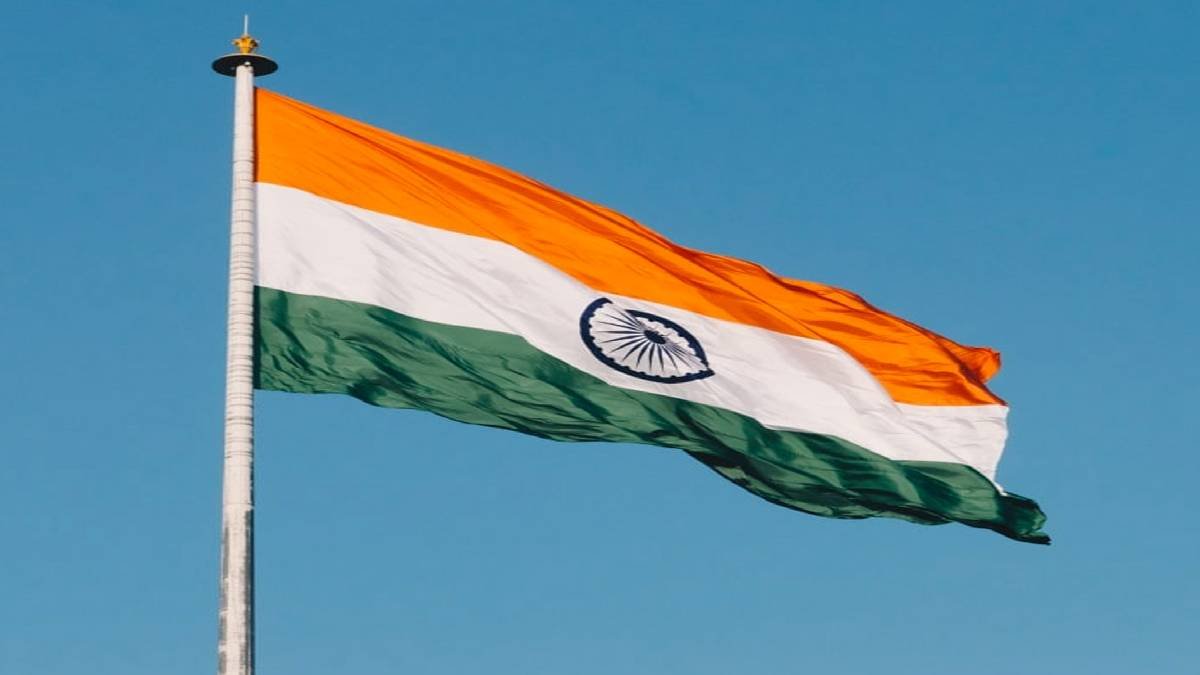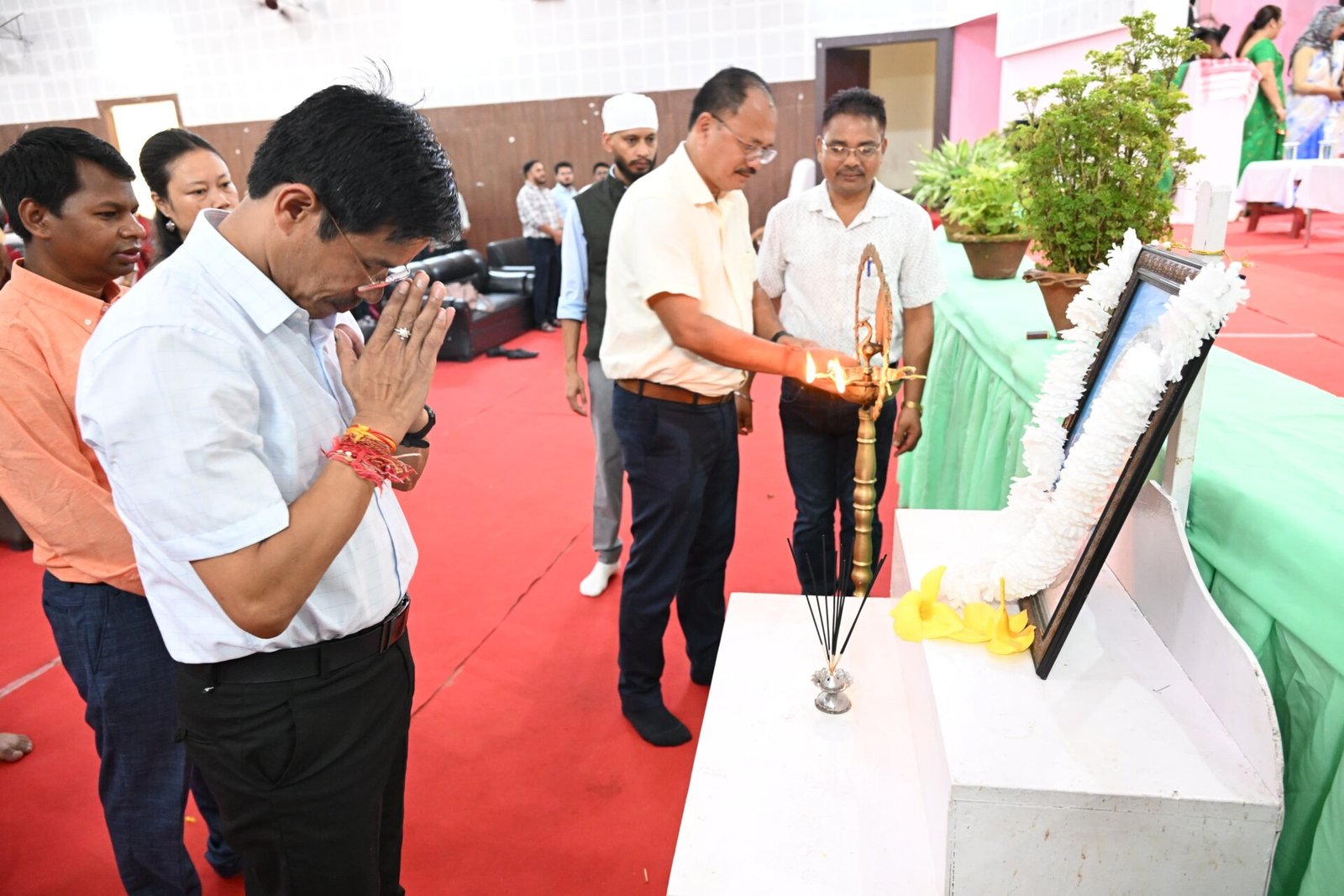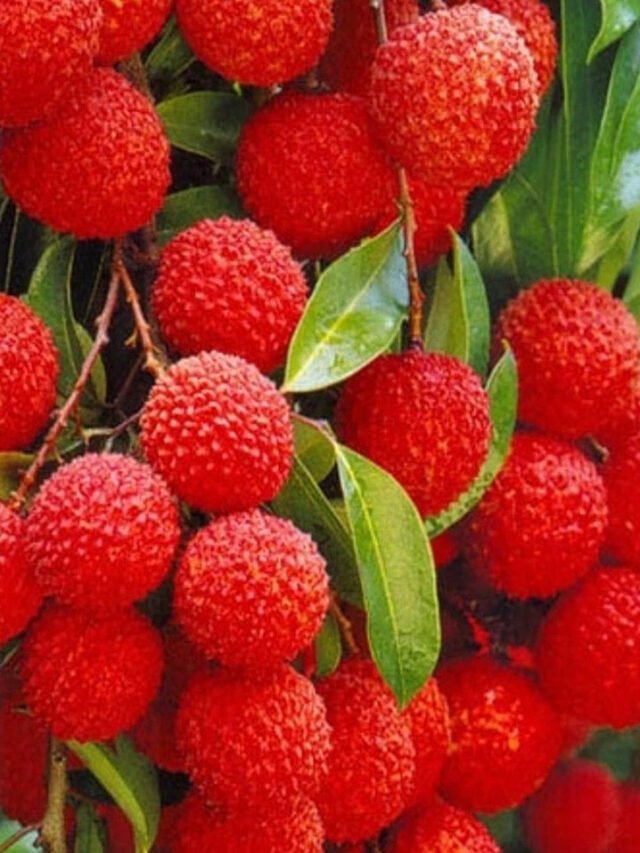GUWAHATI, Aug 16 (PTI): Tea gardens resonated with tales of patriotism and sacrifice on this Independence Day as writers narrated untold stories about freedom fighters from Assam’s tea gardens.
Be it the once British employee-turned-rebel tea planter and entrepreneur Maniram Dewan, one of the first to be hanged following the 1857 mutiny or the first woman martyr Mangri aka Malati Oraon, there are many heroic tales hidden amid the tea bushes.
In the tea gardens one can find many tales of patriotism and struggle against the colonial forces that remain untold in the pages of the nation’s mainstream history.
The British had originally promised to restore the 600-year-old Ahom monarchy and return after liberating Assam from the Burmese invaders in 1824, but they stayed back after they smelt tea, petroleum and coal here, said former state information commissioner and author-journalist Samudra Gupta Kashyap.
“Tales of valor from the Northeast in the country’s freedom struggle may not have been systematically documented in the mainstream history pages, but at every phase of the movement, there are stories that have contributed towards national integration,” Kashyap said.
In fact, his book ‘Untold Stories of the Freedom Struggle from North East India’ is an attempt to document these stories of uprisings against the British, which in Assam was best personified in the tea gardens.
Soon after the so-called “discovery” of tea in Assam, the British set up tea gardens, first through the government and then by establishing the Assam Company in 1839.
“Alongside colonial rule, the state also saw the simultaneous emergence of what came to be termed as ‘planter raj’ with British tea planters practically running a parallel government within the gardens, which in reality were their small fiefdoms with workers treated like slaves,” Kashyap said.
Freedom of movement of such workers was extremely limited with atrocities, physical abuse, racial hatred running deep, he said.
Gradually, as awareness increased, the tea workers began to protest and between 1904-1921, 140 cases of rioting and unlawful assembly were reported from Assam’s gardens.
Dismissing protests by employing violent tactics was common with records of at least two persons killed by British planters. They were Christosen Munda, hanged at Phulbari Tea Estate in Sonitpur for ‘inciting’ workers of Monabari and Kathoni Tea Estates for demanding better facilities.
The other was Bankura Chaora, who was stabbed to death by the British manager of Santak Tea Estate in Sivasagar in 1946 before workers were fired for demanding a hike in wages.
Prior to that, it was Maniram Dutta Barua, popularly known as Maniram Dewan, who is said to have first brought indigenous Assam Tea to the notice of the British.
Dewan had joined the Assam Company, but realized that tea was the future and was determined to stake his share in it, renowned author Arup Kumar Dutta points out in his book ‘Cha Garam’.
This was vehemently opposed by the white tea planters and his application for land grants was rejected. Undeterred, he purchased land and began planting tea, thus becoming the first private and indigenous tea planter of the state.
The hostility of the white planters was obvious and they were waiting to “teach the native a lesson”. They got the opportunity in 1857 when Dewan was in Kolkata (then Calcutta) to plead the case of deposed Ahom ruler Purandhar Singha before the governor general.
He was implicated in a “conspiracy” to oust the British and restore the Ahom king to the throne, arrested in Kolkata, brought back to Assam and “after a travesty of a trial, hanged on February 26, 1858 in Jorhat. He thus became not only a martyr for India’s freedom but also the tea garden’s first martyr,” Dutta said.
The worst incident involving tea plantations occurred at Chargola and Longai in Barak Valley where about 100 protesting tea workers, who had heard of Mahatma Gandhi’s freedom movement, were killed in 1921 as Gurkha troops opened fire to stop them from quitting the plantations, Kashyap pointed out.
Hundreds of tea plantation workers had joined the freedom movement especially after Gandhiji’s first visit to Assam in 1921, and several attained martyrdom in the process, he said.
Assam’s first woman martyr Mangri Orang, also called ‘Malati mem’ as she apparently lived with a British planter at Lalmati in Sonitpur, was a tea worker addicted to liquor. When Congress volunteers launched the anti-liquor campaign, she gave up drinking, joined the movement, but was killed by unidentified assailants for helping the volunteers.
Dwariki Das, another tea plantation worker arrested during the Civil Disobedience Movement, died in prison 1932 due to a miscarriage after she refused to sign a “good conduct” note to get released.
Beja Baishnab is another young person from the tea plantation workers community who also died in prison in 1932 and his body was disposed of by the jail authorities. His wife Bidyawati Baishnab, who was then in Silchar Jail, was informed of her husband’s death only after her release a few months later.
The freedom fighters also took the issue of exploitation of tea garden workers to Gandhi, who during his first visit to Assam in 1921 met a delegation of workers in Dibrugarh.


